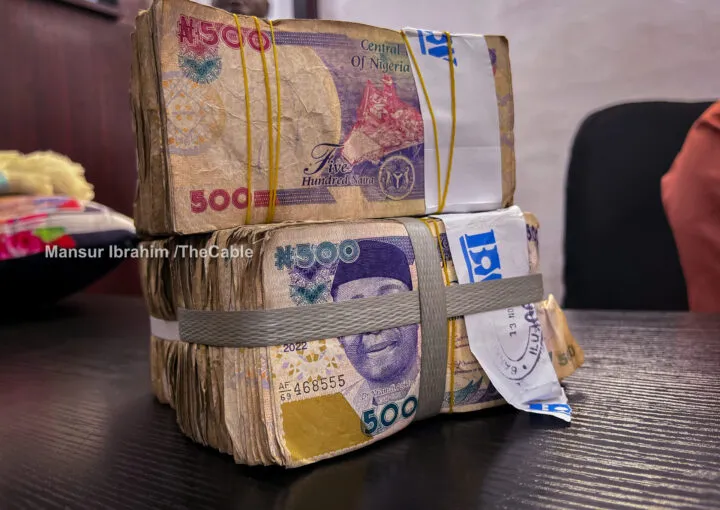Effect of Naira Floatation on Nigeria's Business Landscape

Introduction to Naira Floatation
One of the first major policies of President Bola Ahmed Tinubu's regime was the floating of the Naira. This shift aims to unify foreign exchange rates and alleviate the financial strain on the government.
Impacts on Businesses
- The floatation could lead to increased market efficiency.
- Businesses will face currency volatility, which may affect operational costs.
- Reduced reliance on foreign reserves for Naira defense may provide a more stable economic environment.
Conclusion
The ramifications of floating the Naira are significant. While it offers potential opportunities for growth and efficiency, Nigerian businesses must also prepare for the challenges that come with currency fluctuations.
This article was prepared using information from open sources in accordance with the principles of Ethical Policy. The editorial team is not responsible for absolute accuracy, as it relies on data from the sources referenced.